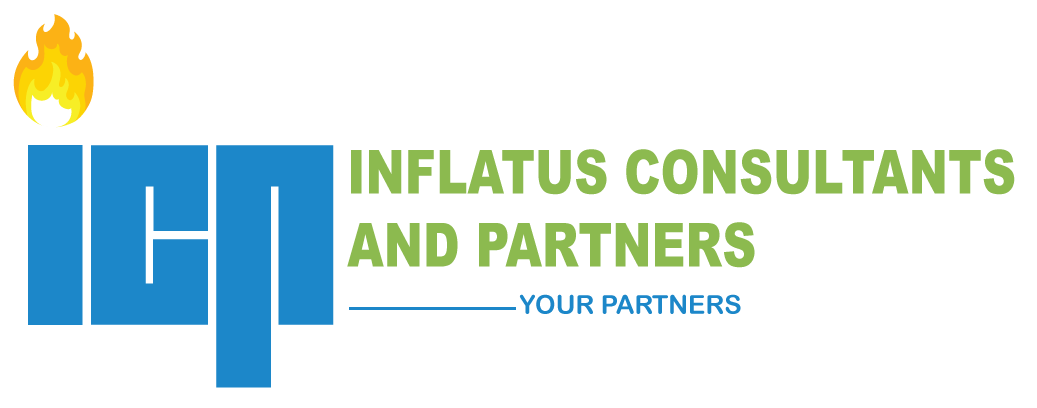WHAT I HAVE LEARNT IN 30 YEARS OF EMPLOYMENT – PART 1
Networking Works
After 30 years of paid employment and more than 40 years of leadership, I have come to the conclusion that networking and relationship building is critical to career progress and business success. Within those 30 years, I have changed jobs ten (10) times. Seven (7) of them came through my network of friends, fellow alumni, and colleagues. They only connected me to the opportunity, not by influencing the interview process. Networking works!
Some experts say that 70 percent of people ended up in their current position through networking. Others say that the number is more like 80 percent or even 85 percent.
For example, Bianca Miller Cole, writing in Forbes Magazine, presented 10 reasons why networking is essential for your career. She states that for many individuals that have succeeded in their career, the strong networking channels they had created over time played a major role.
So, what is networking?
Networking is defined as the act of making contact and exchanging information with other people, groups and institutions to develop mutually beneficial relationships.
So, how does networking affect your job search or career advancement?
Professionals use Networking to widen their circles of acquaintances, find out about job opportunities, and increase their awareness of news and trends in their fields. Networking is not only about trading information, but also serves as an avenue to create long-term relationships with mutual benefits.
Professionals build networks to enhance their careers, often with the goal of gaining better access to new job opportunities. Some of these may not be obvious at the beginning. That is, people may build networks which they eventually leverage for career advancement without intending to do so from the onset.
In a 2016 research on “Network Search: Climbing the Job Ladder Faster,” Federal Reserve Bank of St. Louis researchers reported that networks shorten the time it takes to find a job, which should not be much of a surprise.
But they also show that jobs found through networks have higher wages and last longer than jobs found through direct contact with an organisation. Who doesn’t want that?
In fact, they also reported that network job searches have following distinctive characteristics that make them inherently different from direct job searches.
- Network searches have higher finding rates. A wider and stronger network of connections allows access to more job offers. Having more offers makes it more likely a job match will occur in a shorter amount of time; 1 to 3 months shorter, according to the authors.
I have found that your network tends to filter the jobs to those that match your experience.
- The job offers are higher in quality. Those who are better connected would rely on their network for their job search. Their network connections are also more likely to be well-connected and well-established themselves. Well-established workers are more likely to provide a job referral that has high wages and is higher on the job ladder—that is, much like their own high-wage, high-position jobs.
- The jobs are longer in duration. Better offers are more attractive and more likely to entice a worker to retain the job, which extends tenure and minimizes turnover.
I remember one instance when I desperately needed to change jobs and I ran into a former classmate. He told me that a firm had offered him a job, but he declined because the salary was about the same as his current job. I contacted the organization and was hired at the same salary. Networking works!
How then do we build networks?
First let me mention how not to build a network. People have connected with me online, and the very next thing they ask is if I could link them to or recommend them for a job. My answer is always No! Why? Because I don’t know them. I can’t vouch for them!
Well, that is not how to use networks for career advancement, is it?
The most important skill for effective business networking, according to Suzan Ward, is listening. That is, focusing on how you can help the person you are listening to rather than on how he or she can help you. That is the first step to establishing a mutually beneficial relationship.
Also, ensure that you personally know the person you are putting on the list of your network.
Here are some Networking opportunities:
- Friends
- Past and Present Colleagues
- Alumni
- Trade/ professional organisations
- Neighbours
- Churches
- Contacts from exhibitions and Conferences
In Conclusion, a strong network offers key advantages in your job search. It shortens the time to secure a job by filtering out unsuitable offers, reducing the number of interviews, and links up to high-quality job offers.
Networks also serve as reference to employers. That is why some organizations operate a referral program and compensate employees for it.
Do not miss the post next week. I will make you a free offer to help you build your network and relationships for career progress and business success. Don’t miss it!!



Well-done, Emmanuel. I learnt much. Looking forward to the next edition. God bless you
Fred,
You are welcome.
Thank you very much.
Dear Fred,
You are welcome